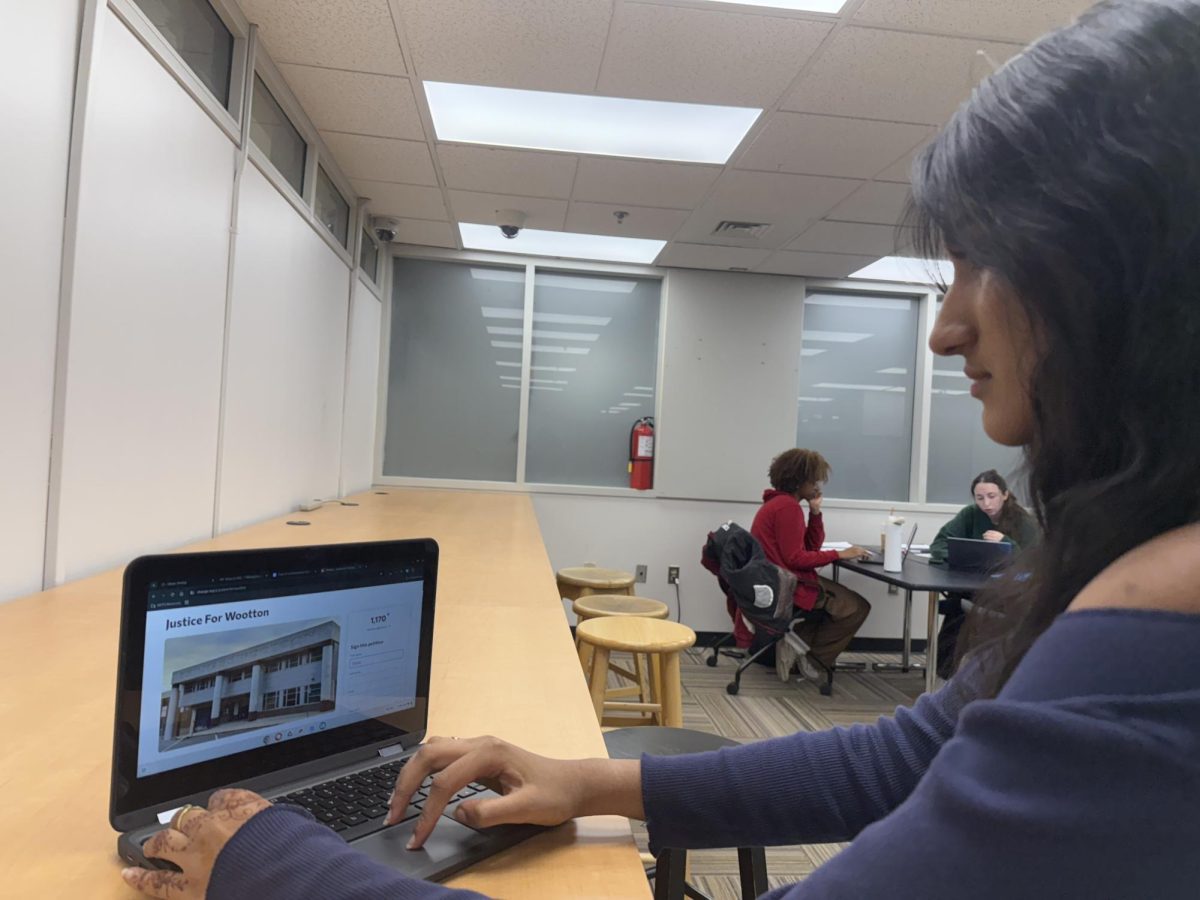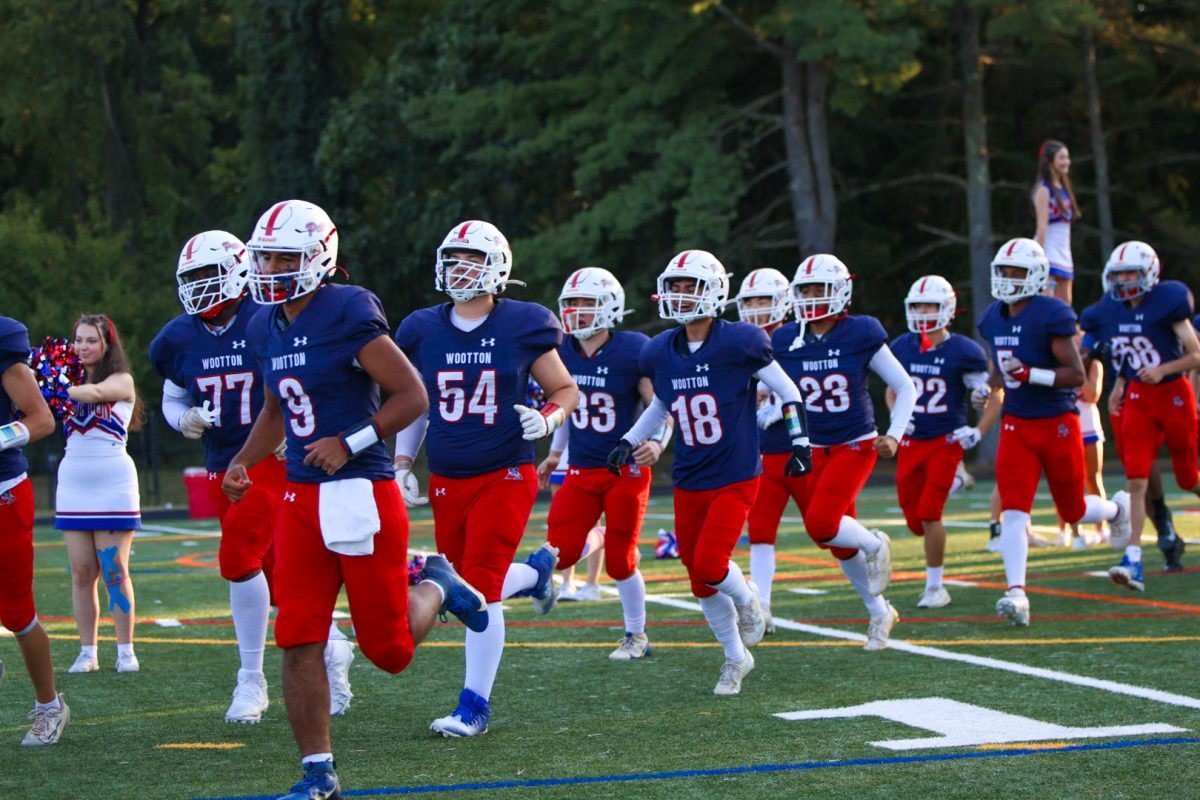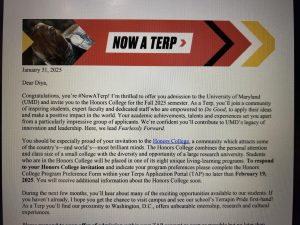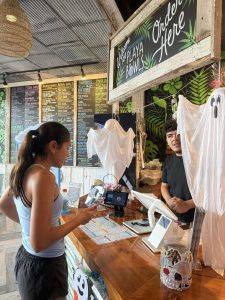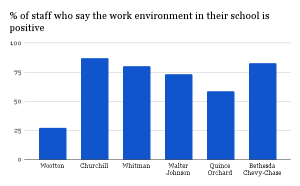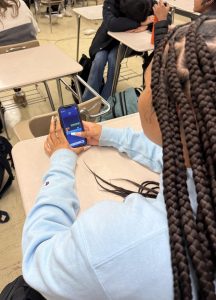Common Sense Responds: A letter to my community
June 8, 2020
Growing up as a second-generation Asian, I struggled to understand my parents’ traditional perspectives when it came to the world, social and economic issues. As a child, I was confused and upset when they told me not to worry about what was going on in the world. I desperately desired to know, but my parents were never into politics and I adopted the same attitude. Watching the news was never a pastime in my family, and dinner conversations were far from the issues in our country or state. Every time I brought up a controversial headline from the news, they’d push it to the side. In general, politics was a taboo topic for my family.
As determined young adults, my parents emigrated to the United States from Korea, with hopes for a better future. They worked hard to achieve the American Dream, believing the notion of meritocracy – that success comes from effort and achievement. With meritocracy, it is believed that if someone were to fail, it would be because of their own lack of effort or their own character. This common misconception makes some Asians less aware of other minorities’ struggles, leading to political and social ignorance. Because of this ideology, my parents developed an indifferent response to social issues as many other Asian Americans have.
Instilling my parents’ values into my own life, I stayed distant from voicing my opinions on worldly matters. I felt as if I didn’t have a place or a voice to speak up for others. Although I recognized the racism and unjust oppression that occurred on a daily basis around the United States, I remained silent. I thought my voice wouldn’t help or make any change at all. I was covered by family and friends’ opinions who told me not to meddle in others’ life affairs that didn’t involve myself. However, I have come to realize that being neutral in these kinds of situations is being complicit.
On May 26, my friend urgently texted our group chat, sending the agonizing video of George Floyd being suffocated in broad daylight by a police officer. I was stunned. Floyd was an innocent unarmed man. To my utter surprise, at the time, the police officer was not charged with murder. My blood boiled: How was this OK? I immediately felt anger at the police officer who murdered Floyd, misusing his authority and position to get away with committing a crime. I had the urgent desire to raise awareness for this problem and to fight for justice, however, that desire was met with the conflicting values in me that begged me not to get involved and stay neutral. Although conflicted, I realized that justice was much more important than the traditional values that prevented me from speaking out. Silence is no longer an option. Silence means staying indifferent to the struggles of fellow Americans. As Americans, we should be concerned with the issues and adversities of all the people living in the United States regardless of their skin color.
A few weeks ago, Asians were targets of racial attacks due to the Coronavirus. Hundreds of cases piled on national TV displaying brutal clips of Asian individuals being assaulted simply for their race. Although the racially-fueled incidents are not as fatal as the police brutality cases, it further pushed me to empathize with the Black community and to comprehend the immense fear that many Black Americans face from being racially profiled on a daily basis.
Having that conversation about the Black Lives Matter movement with my parents was not easy. For the first time in my life, I voiced my political opinions to my family. Although it was uncomfortable for me, we came to a consensus. I was relieved to know that they care about the Black community, and I urged them to advocate for change and to help fight for other minorities. Even though it is uncomfortable for people within the Asian community to have this discussion with their parents, it is important to address and encourage the family to educate themselves and seek justice with the perils of Black Americans in America.
Although I can’t speak for all Asians in the United States, I can speak for myself and my family. We stand with our Black brothers and sisters, we hear you.


